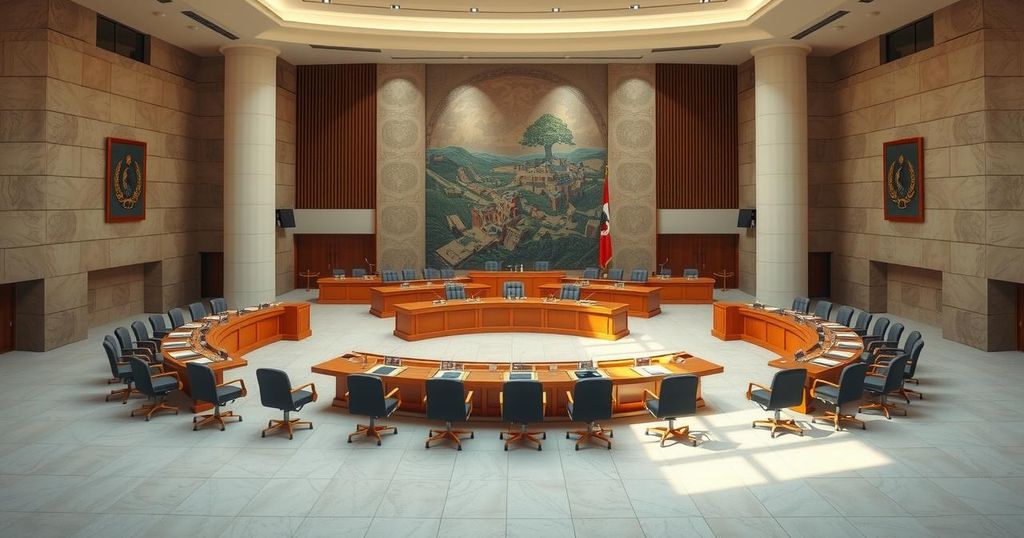Kenya’s decision to host the RSF in Nairobi raises serious concerns about complicity in Sudan’s atrocities. This gathering undermines regional peace efforts and facilitates ongoing violence against civilians. Calls for Kenya to reverse its decisions and uphold international obligations are urgent, as these actions threaten Sudan’s sovereignty and peace initiatives.
The Kenyan government’s decision to host the Rapid Support Forces (RSF) and their militias, notorious for their violent actions in Sudan, raises significant concerns about complicity in mass atrocities against the Sudanese populace. On February 18, 2025, the RSF convened in Nairobi to establish a parallel government, contravening Kenya’s commitments to justice and regional stability.
This assembly occurred shortly after the African Union Peace and Security Council condemned external interference in Sudan’s conflict and urged warring parties toward inclusive dialogue. Kenya’s actions are at odds with the principles of Pan-Africanism and the African Union’s ongoing peace efforts, which emphasize collaboration among all stakeholders.
The UN’s Independent International Fact-Finding Mission for Sudan recently reported substantial evidence of war crimes committed by the RSF, including heinous acts such as sexual violence and forced displacement. Notably, violence directed at non-Arab communities, specifically the Masalit people in West Darfur, has led to numerous human rights violations and demographic devastation.
In January 2025, the U.S. sanctioned RSF leader Mohammad Hamdan Dagalo Mousa, known as Hemedti, for his destabilizing actions in Sudan. His brother faced similar sanctions for leading the RSF, which has been implicated in extreme violence, including ethnic massacres.
By permitting the RSF to form a government in Nairobi, Kenya breaches its international obligations according to the UN Charter and African Union standards. This act threatens Sudan’s sovereignty and disregards the severe suffering endured by its civilians, exacerbating ongoing peace negotiations.
During the RSF meeting in Nairobi, the militia was suspected of committing genocide against civilians, with reports of over 433 deaths in a short duration linked to ethnic violence. The Kenyan government’s admission of hosting the RSF on February 19, 2024, could severely impact relations with Sudan.
This decision undermines international peace efforts and poses risks to Sudanese refugees in Kenya. There are urgent appeals to the AU Peace and Security Council to condemn attempts at declaring a unilateral government in exile, which would derail peace processes.
We advocate that the Kenyan government promptly declare the RSF members in Kenya as persona non grata, retract its supporting statement for the RSF, and offer an apology to Sudanese citizens. Furthermore, it is essential to uphold international obligations and abstain from partisan involvement in Sudan’s peace negotiations.
The undersigned organizations affirm their solidarity with the people of Sudan and commit to pursuing justice and accountability in every possible avenue as part of this ongoing mission.
The Kenyan government’s decision to host the RSF undermines peace efforts in Sudan and violates international norms. By facilitating the establishment of a parallel government, Kenya complicates the regional pursuit of stability and disregards the suffering of Sudanese civilians. Urgent measures are needed to rectify this situation and reaffirm commitments to justice and peace in Sudan.
Original Source: khrc.or.ke




